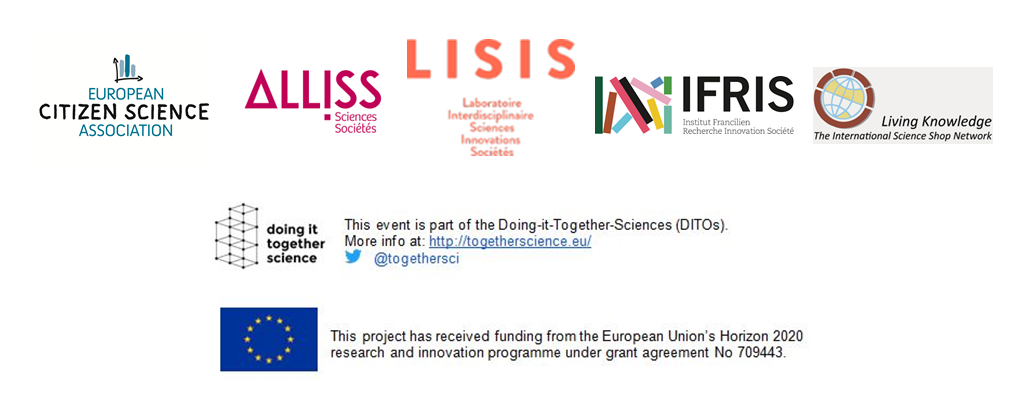

CONFERENCE ANNOUNCEMENT
Eu-SPRI 2019
Science Technology and Innovation Policies for Sustainable Development Goals.
Actors, Instruments and Evaluation
Roma, 5-7-June 2019
Hosted by CNR-IRCRES Research Institute for Sustainable Economic Growth
The Conference builds on the directions proposed by the 2017 Vienna and the 2018 Paris EUSPRI conferences, and focuses on new actors, instruments, practices, and policies for research and innovation to pursuing sustainable development goals using the problem-solving approach.
The Conference wants to deepen the concepts of ‘missions’ and ‘transformative policies’, and how R&I studies can address them, trying to figure out existing or potential linkages between missions and sustainable development goals, and what is the contribution that STI policy studies can provide in this respect.
The Conference should also discuss the problem of measurements related to missions and the existing gap between missions and social challenges, policy objectives, policy instruments, and research projects, including the understanding of issues such as regulations, public funding and public procurement toward reaching specific goals.
The Conference will be organized around seven key themes.
- R&I policies toward mission-oriented sustainable research: rethinking policy design, implementation and evaluation.
- New governance of STI policies: actors, networks and instruments
- Social innovation: enabling factors and existing practices for sustainable social needs
- RRI and the responsiveness of science and technology developments, institutions and policies
- Disruptive emerging technologies, digital platforms and associated business model innovations and the rise of new innovation ecosystems
- Research infrastructure for STI studies: open data, big data, and new research avenues
- Globalization and the geography of knowledge and innovation
Call for presentations, posters and special sessions
Only one call will be made for both individual proposals (abstracts) collective answers (sessions) and posters. Abstracts should be extensive abstracts (up to 3000 words) indicating if the proponent(s) submit an oral presentation or a poster presentation. Sessions should present the topic addressed and the relevance for the Conference.
The members of the Scientific Committee will be mobilized for the abstract peer review. Papers will be accepted for oral presentation on the base of the results of peer review; the organizers retain the right to assign a paper for a poster even if the authors submitted for oral presentation.
Poster sessions will be given equal time that usual sessions because we consider them as important as oral presentations. The call also foresees proposals for specific sessions or special tracks beyond the key themes, which address the topic under the general Conference theme.
CNR, the organizer of the conference, is dedicated to open access. All colleagues that submit an abstract at the same time engage to make their abstract and presentations accessible on the website of the conference.
Important dates:
– Pre-announcement of the Call: December 2018
– Opening of Submissions: January 10, 2019
– Closing of Submissions: February 15, 2019
– Announcement of selected papers and posters: March 30, 2019
– Registration open: April the 1st, 2019
Local organizing committee:
Emanuela Reale, Giovanni Cerulli, Serena Fabrizio, Lucio Morettini, Bianca Potì, Antonio Zinilli.
Contact: emanuela.reale@ircres.cnr.it
Scientific committee: to be determined.
Secretariat: Marco De Biase, m.debiase@ircres.cnr.it
Website: http://www.ircres.cnr.it
Venue
CNR Headquarter for the morning of Wednesday the 5th and Centro Congresso Frentani, which are very close to Termini Station (the main train station of Roma).
Conference website announcement: http://www.ircres.cnr.it/index.php/it/euspri2019
